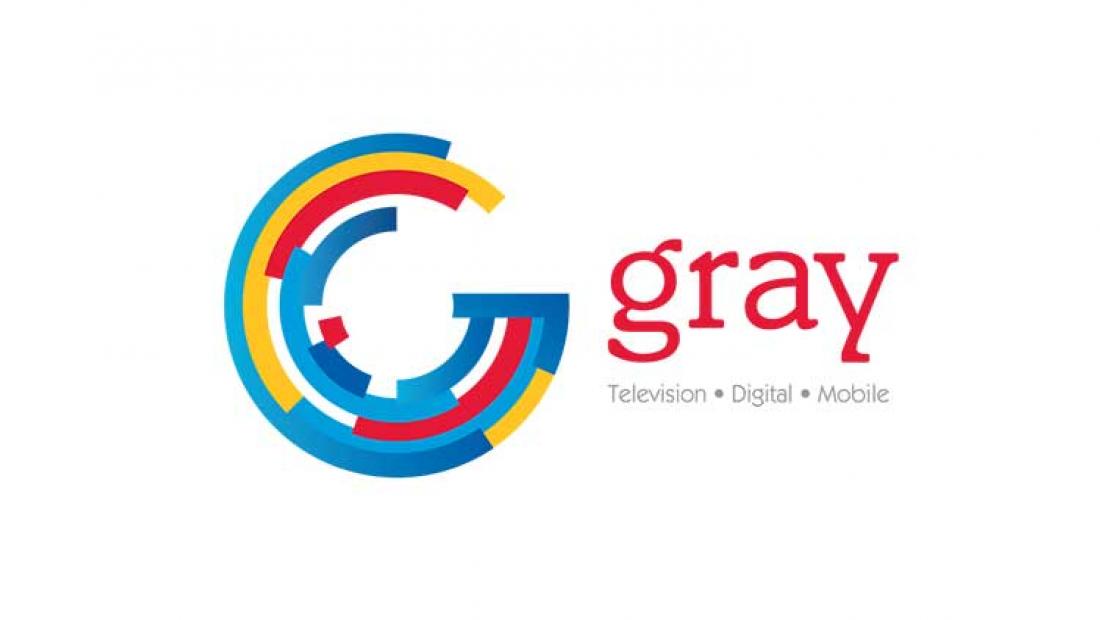C Spire Files Retransmission Consent Complaint Against Gray at FCC
The smarter way to stay on top of the multichannel video marketplace. Sign up below.
You are now subscribed
Your newsletter sign-up was successful

Telepak Networks, Inc. (C Spire Fiber) has filed a retransmission consent complaint against Gray Television at the FCC alleging lack of good faith bargaining, and has asked for a declaratory ruling that when the FCC modifies a market to add communities served by a significantly viewed station, that that station's digital streams are also considered to be in that market for the purposes of retrans negotiations.
Retrans negotiation complaints are filed occasionally at the FCC, often in concert with impasses or blackouts. Many of those are quietly dropped when the parties resolve the issue themselves, so it can be another arrow in the negotiation quiver.
The complaint also comes as Congress is considering whether to get more specific about what should and shouldn't be in that retrans negotiation playbook.
In 2018, CBS lined up Raycom's (now Gray's) WLOX Biloxi-Gulfport, Miss., to air the CBS network programming on its digital subchannel since Biloxi lacked a CBS affiliate.
According to C Spire Fiber, WLOX is significantly viewed in Diamondhead, Miss., was deemed such by the FCC in response to a market modification petition, but that Gray, at CBS' insistence, won't negotiate for carriage of that CBS subchannel unless C Spire also carries WWL the designated in-market New Orleans CBS affiliate, which is owned by Tegna.
"[U]nder the standard CBS affiliation agreement, CBS prohibits its affiliates from granting any new out-of-DMA carriage. The market mod does not change the Nielsen boundaries for the Biloxi-Gulfport DMA, and Diamondhead remains in the New Orleans DMA. Therefore, under our CBS affiliation agreement, we are prohibited from granting consent for WLOX-TV’s CBS affiliated multicast channel on the Diamondhead system..." Gray told C Spire, according to the company. It then followed up with the news that it could provide the signal, so long, said CBS, as C Spire also carried WWL.
C Spire said forcing it to carry both CBS stations, WWL and the subchannel of WLOX, violates the FCC's good faith bargaining rules because now that WLOX is deemed to be a local Diamondhead station, it is subject to the more rigorous good faith provisions of a local station.
The smarter way to stay on top of the multichannel video marketplace. Sign up below.
C Spire said that while Gray did discuss the situation, CBS essentially required it to condition the subchannel on WWL carriage pursuant to terms of its network affiliation agreement, which C Spire suggests is trumped by the good faith bargaining requirement.
C Spire also said that is a per se violation of the good faith rules for a number of reasons, including refusing to negotiate by offering only a single, unilateral proposal--take WWL or it didn't get the WLOX CBS subchannel.
While the FCC rules say an out-of-market station has simply to ask its network to waive its limitations, C Spire says, now that WLOX has been modified into the Diamondhead market, the rules on how Gray has to handle the negotiations are stricter and Gray has violated them.
It wants the FCC to declare that is the case to "remove any future uncertainty regarding the good faith negotiation status of stations deemed local as a result of market modifications granted by the Commission."
"Gray has bent over backwards to accommodate C-Spire, and I have little doubt that the FCC will quickly dismiss their complaint. It is completely without merit," said a Gray spokesperson.
A CBS source confirmed that there was language in the contract that allowed Gray to negotiate carriage of WLOX and the subchannel, but only if the C Spire also carried WWL, which the source said was standard language in its affiliation contracts to protect the in-market station in retrans disputes.
“It’s outrageous that corporate executives at the CBS network are keeping a CBS-affiliated television station from a local cable operator even though both the operator and the station operate in the same local Mississippi television market," said ACA Connects president Matt Polka. "By forcing the citizens of Diamondhead to watch a CBS affiliate in New Orleans instead, CBS is blocking access to local news and programming for a small rural Mississippi community.
“The Good Faith Complaint and Petition for Declaratory Ruling filed June 3 by ACA Connects member C Spire against Gray Television cuts to the heart of a problem that ACA Connects has long raised – third-party interference in retransmission consent negotiations."
Congress is currently looking at whether to renew the law that requires broadcasters and cable operators to negotiate in good faith, and if so, whether to potentially add a provision that makes clear what constitutes bad faith tactics. An ACA Connects official testified on that topic Tuesday (June 4) at a House hearing.
To date, no TV stations have ever been found by the FCC to violate the good faith bargaining rules, a point National Association of Broadcasters president Gordon Smith made in that same hearing, though Sinclair did settle such a complaint in the run-up to its effort to get the FCC to approve its Tribune station purchase, which ultimately didn't happen.
Contributing editor John Eggerton has been an editor and/or writer on media regulation, legislation and policy for over four decades, including covering the FCC, FTC, Congress, the major media trade associations, and the federal courts. In addition to Multichannel News and Broadcasting + Cable, his work has appeared in Radio World, TV Technology, TV Fax, This Week in Consumer Electronics, Variety and the Encyclopedia Britannica.

